Carmen
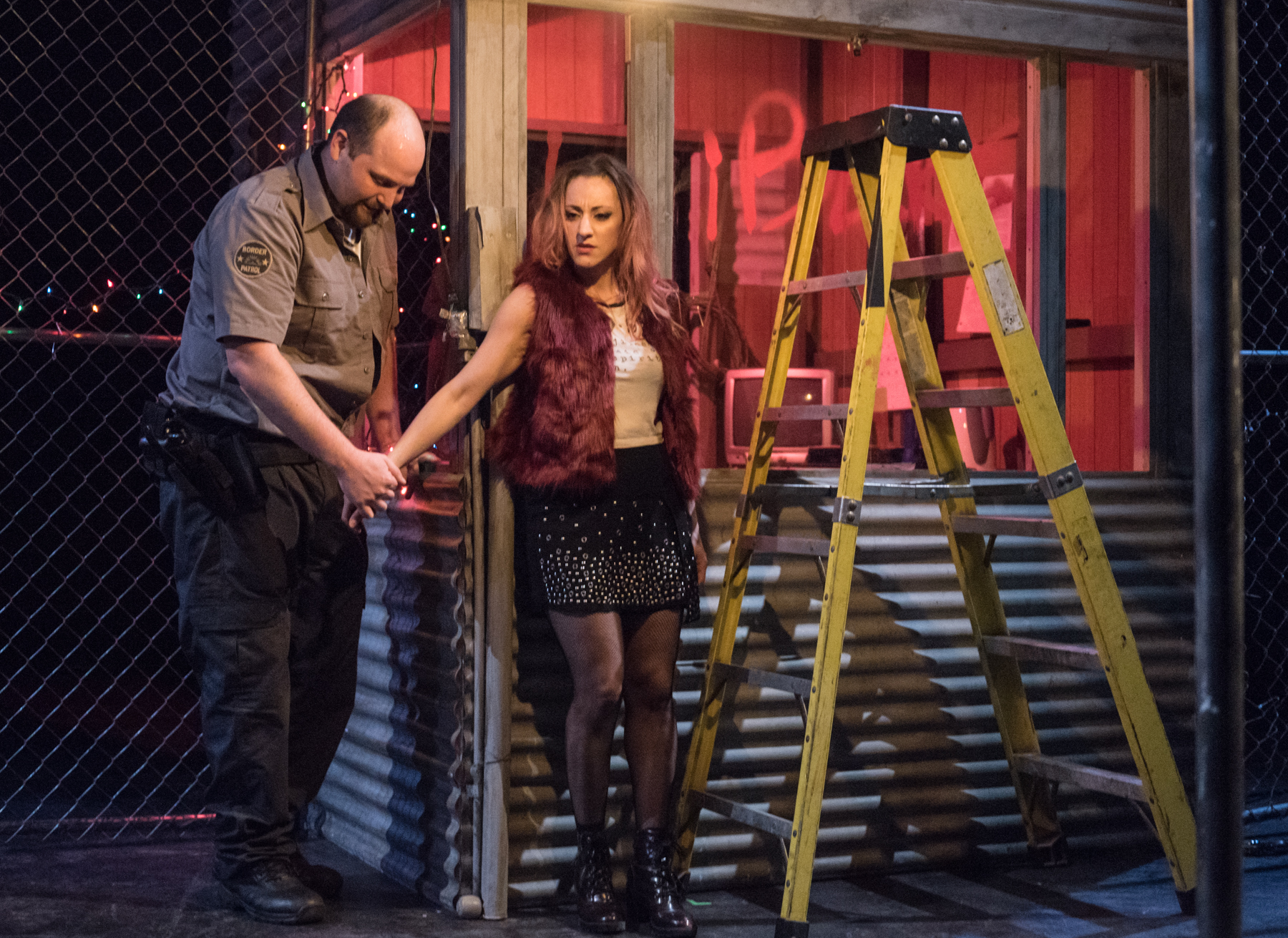
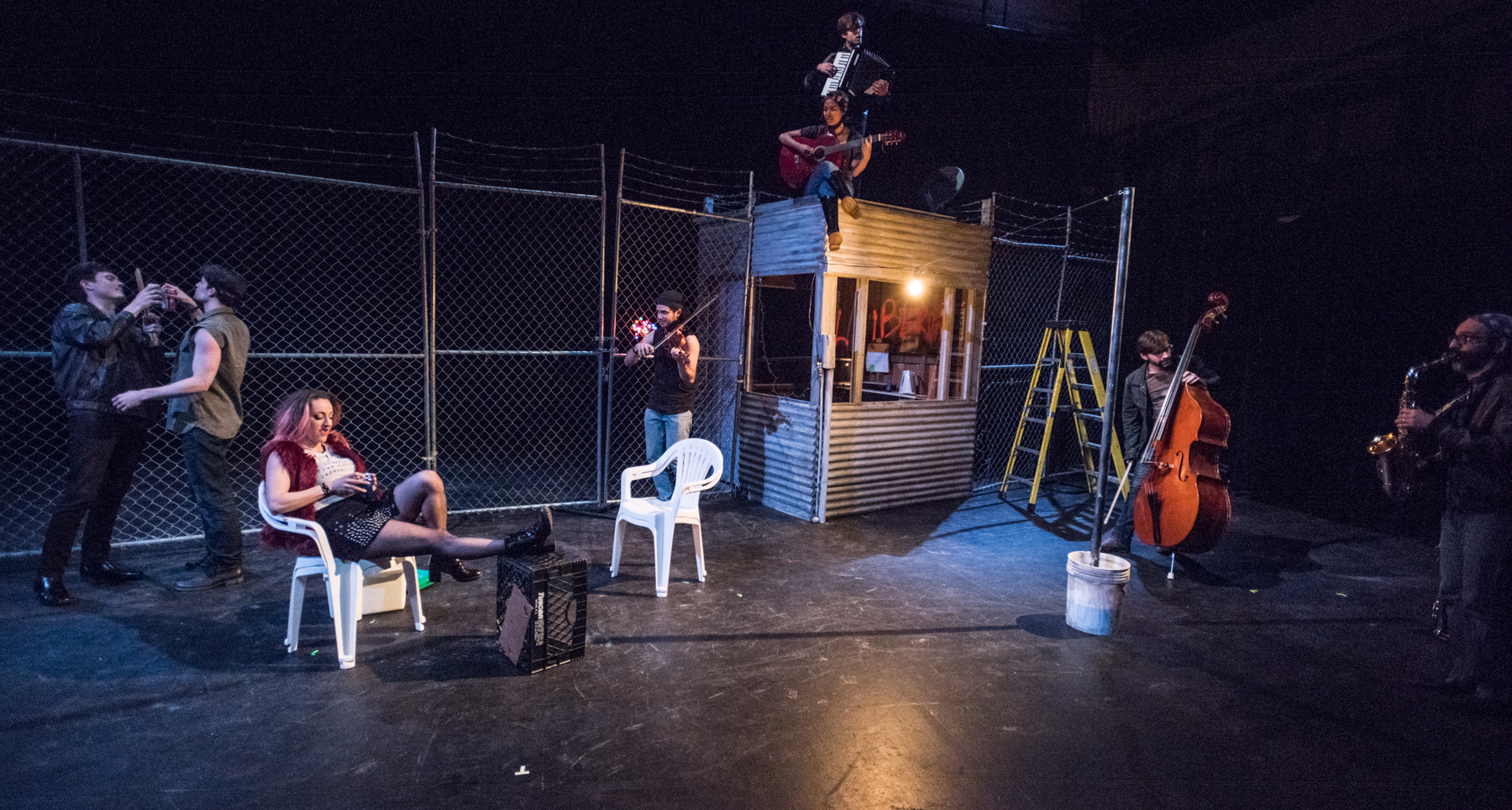
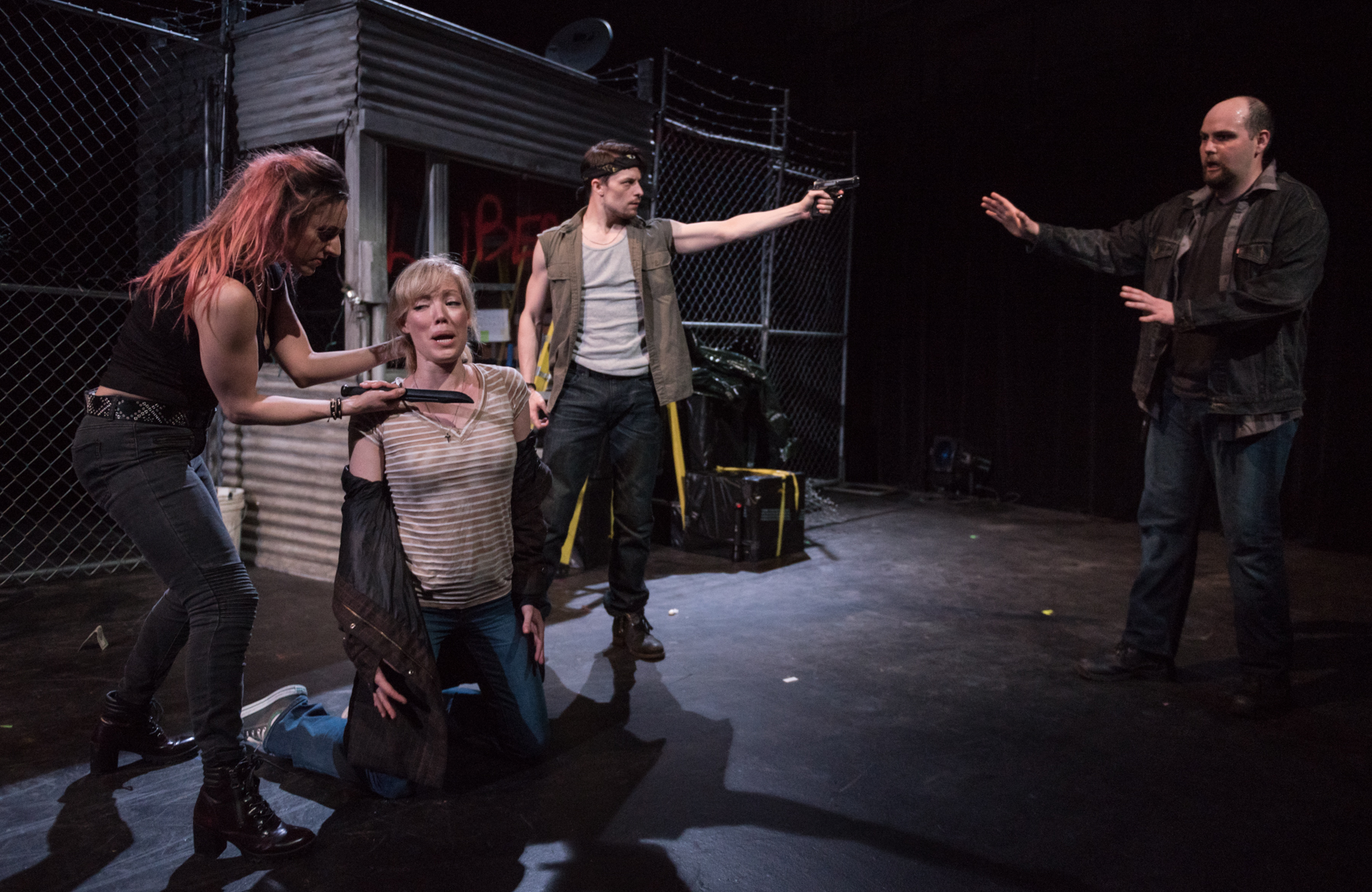
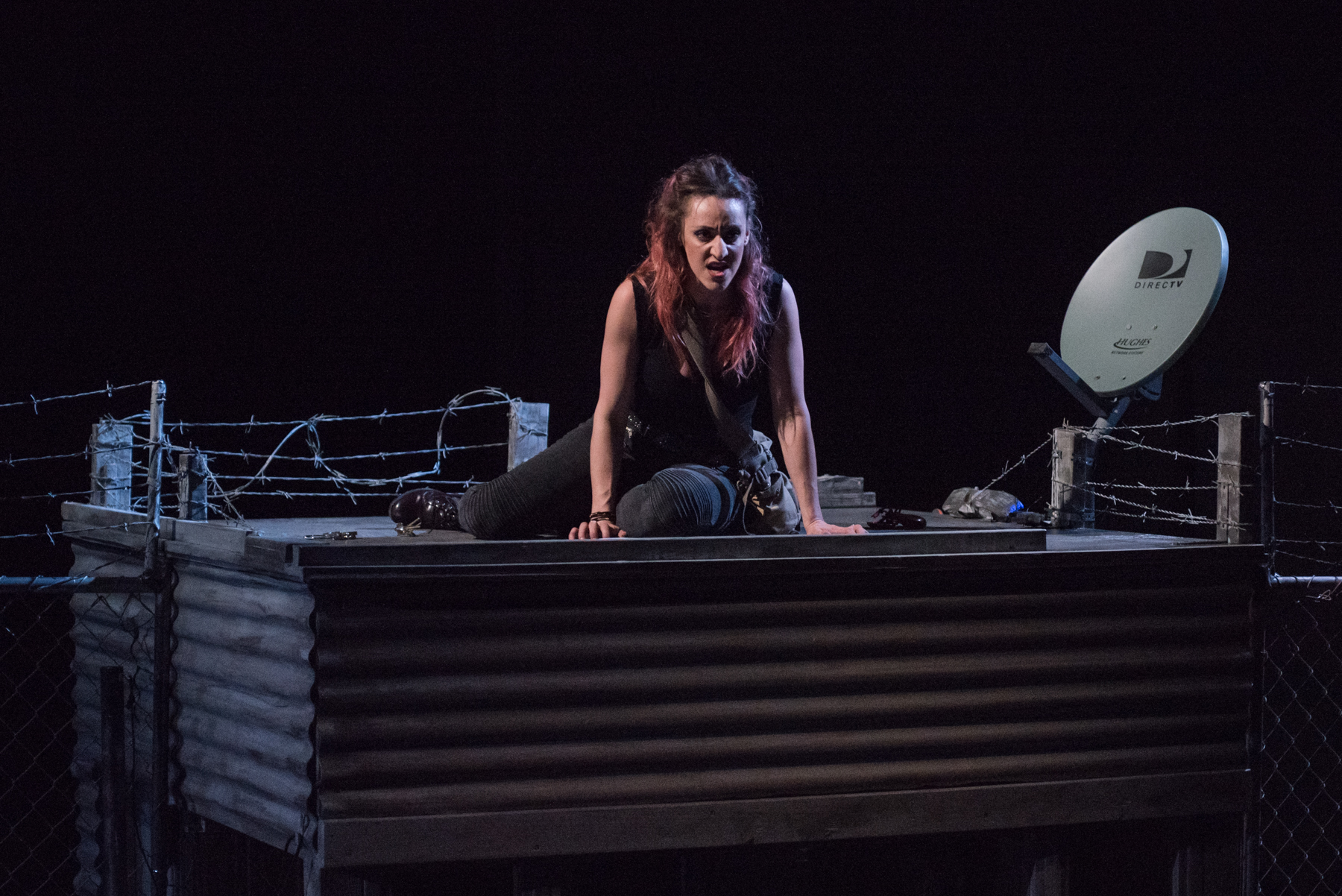
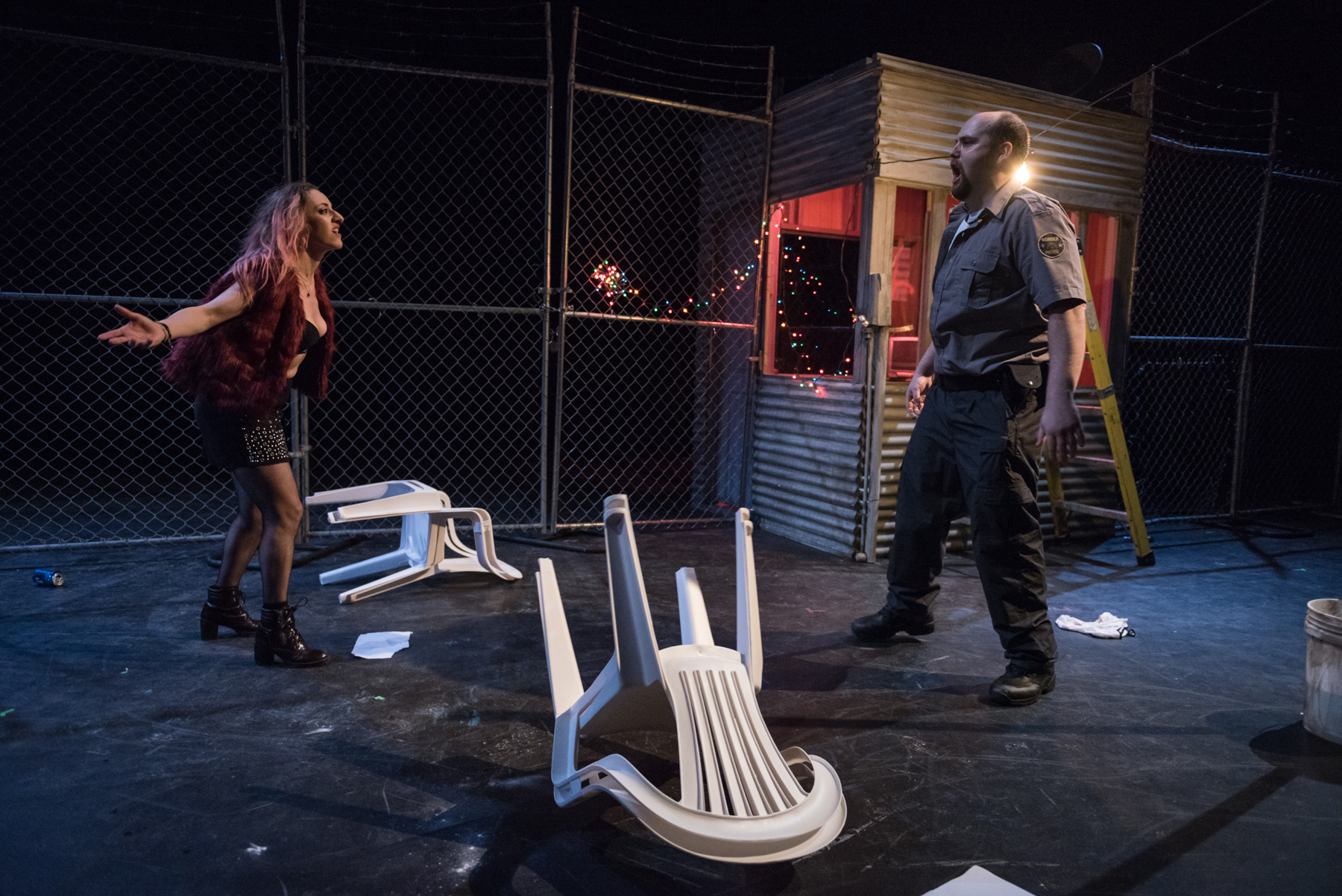
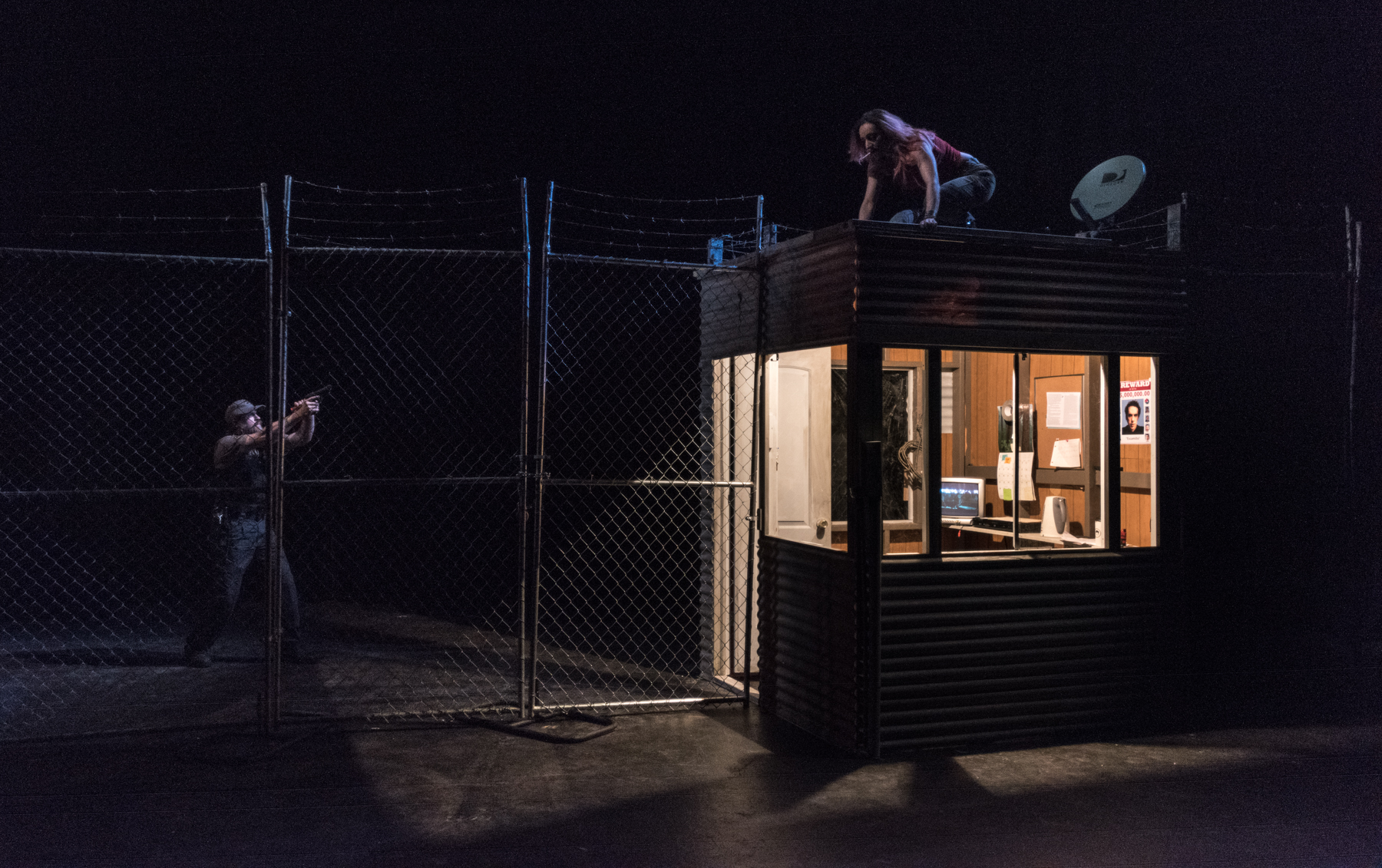
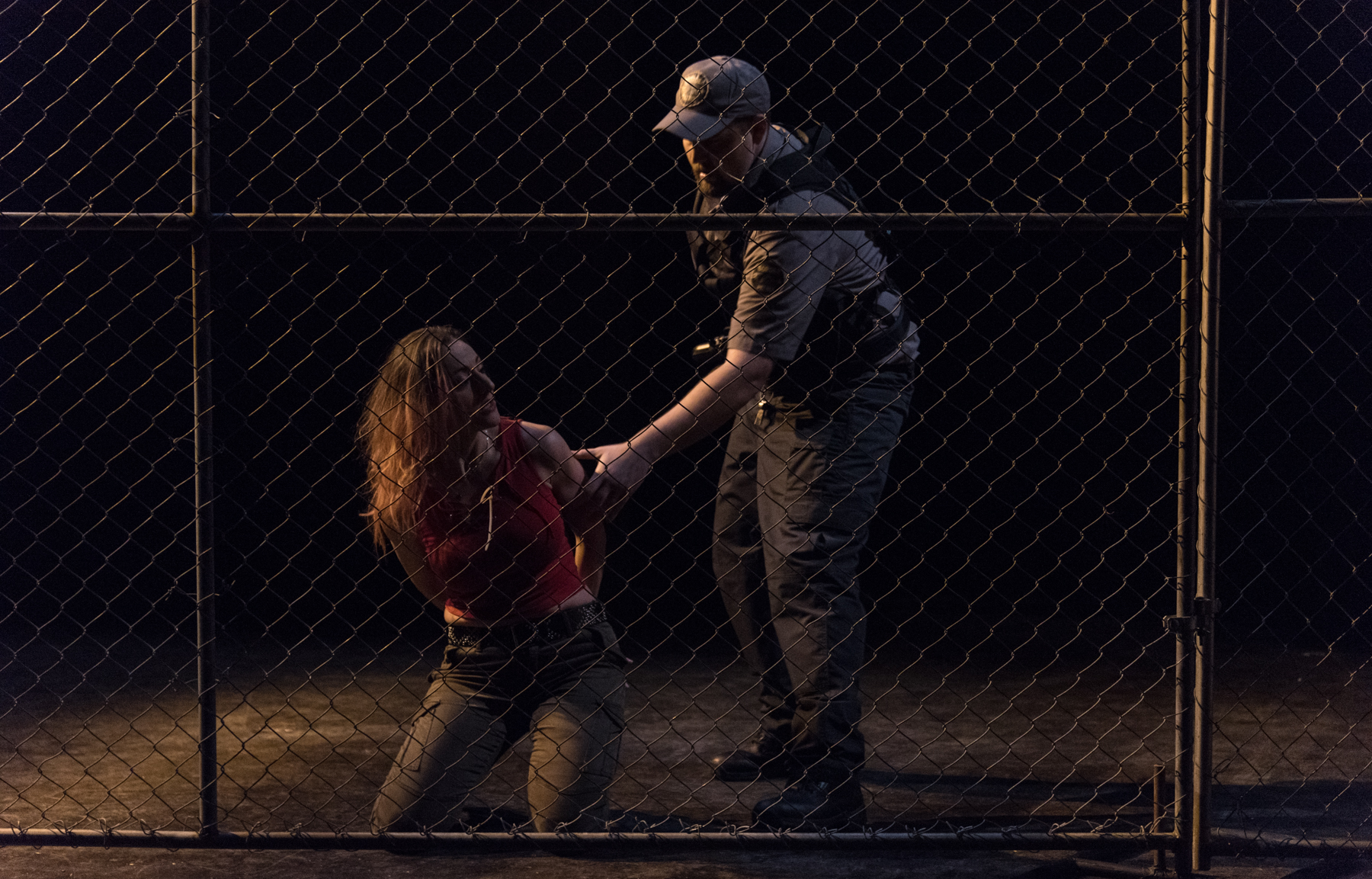
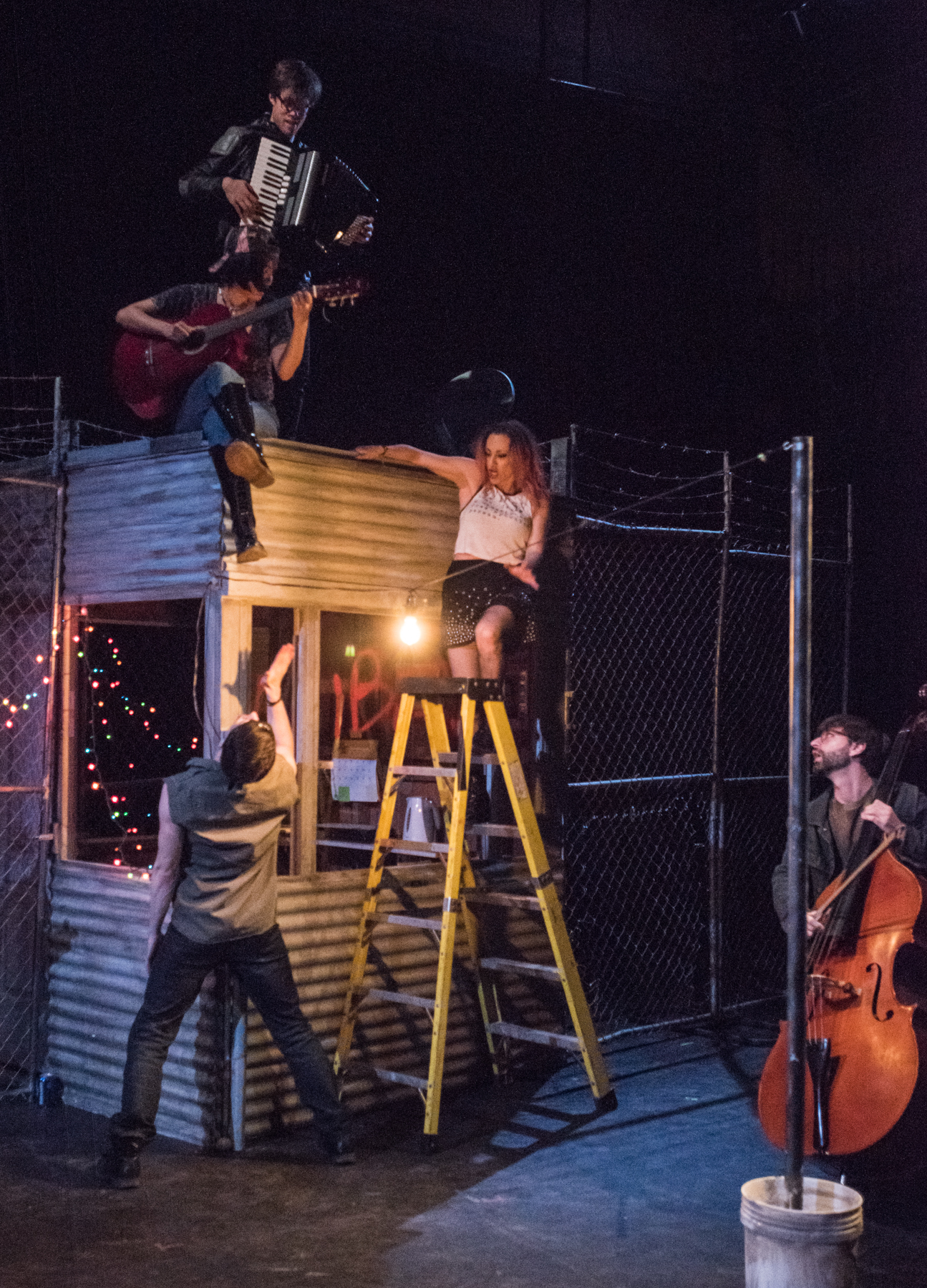
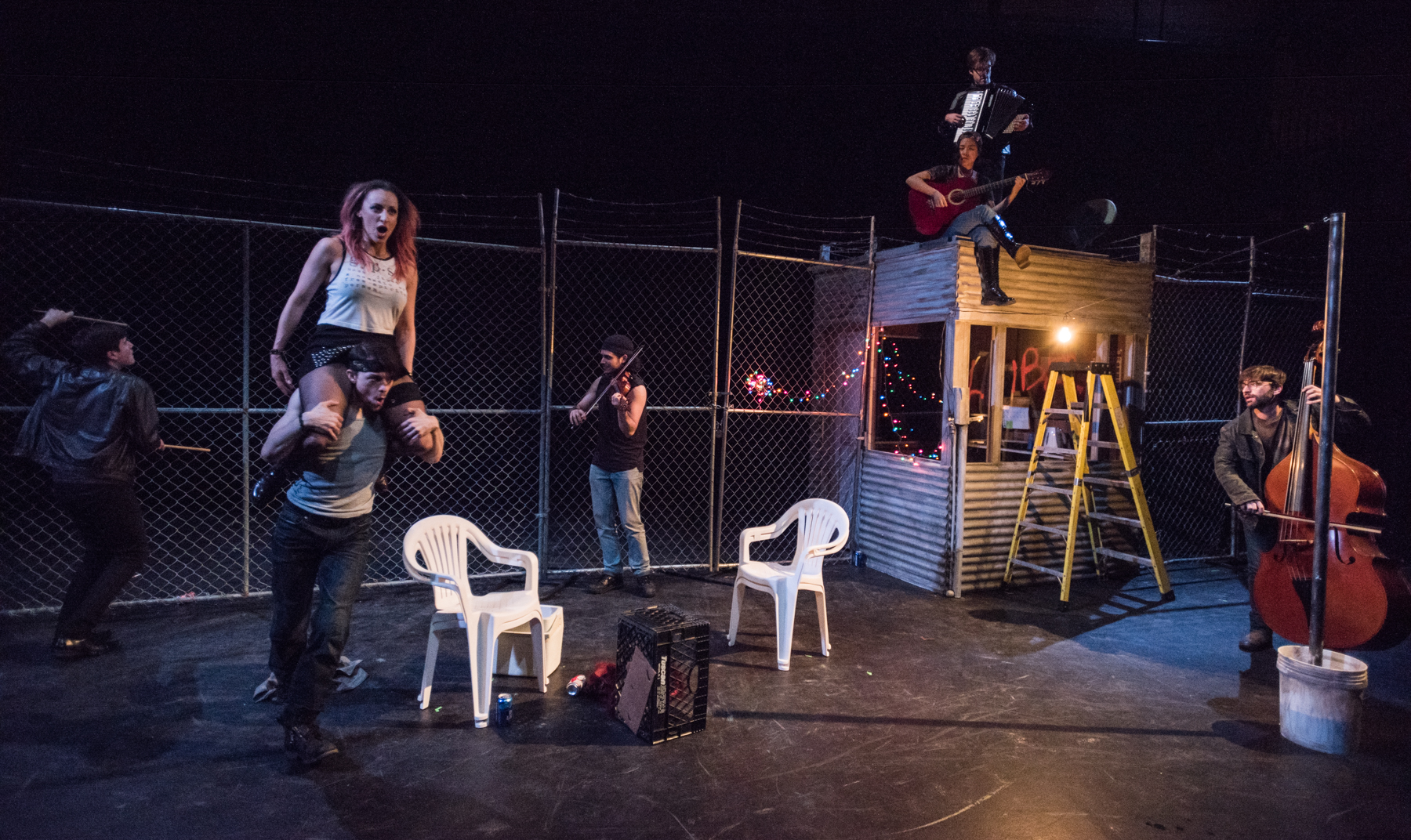
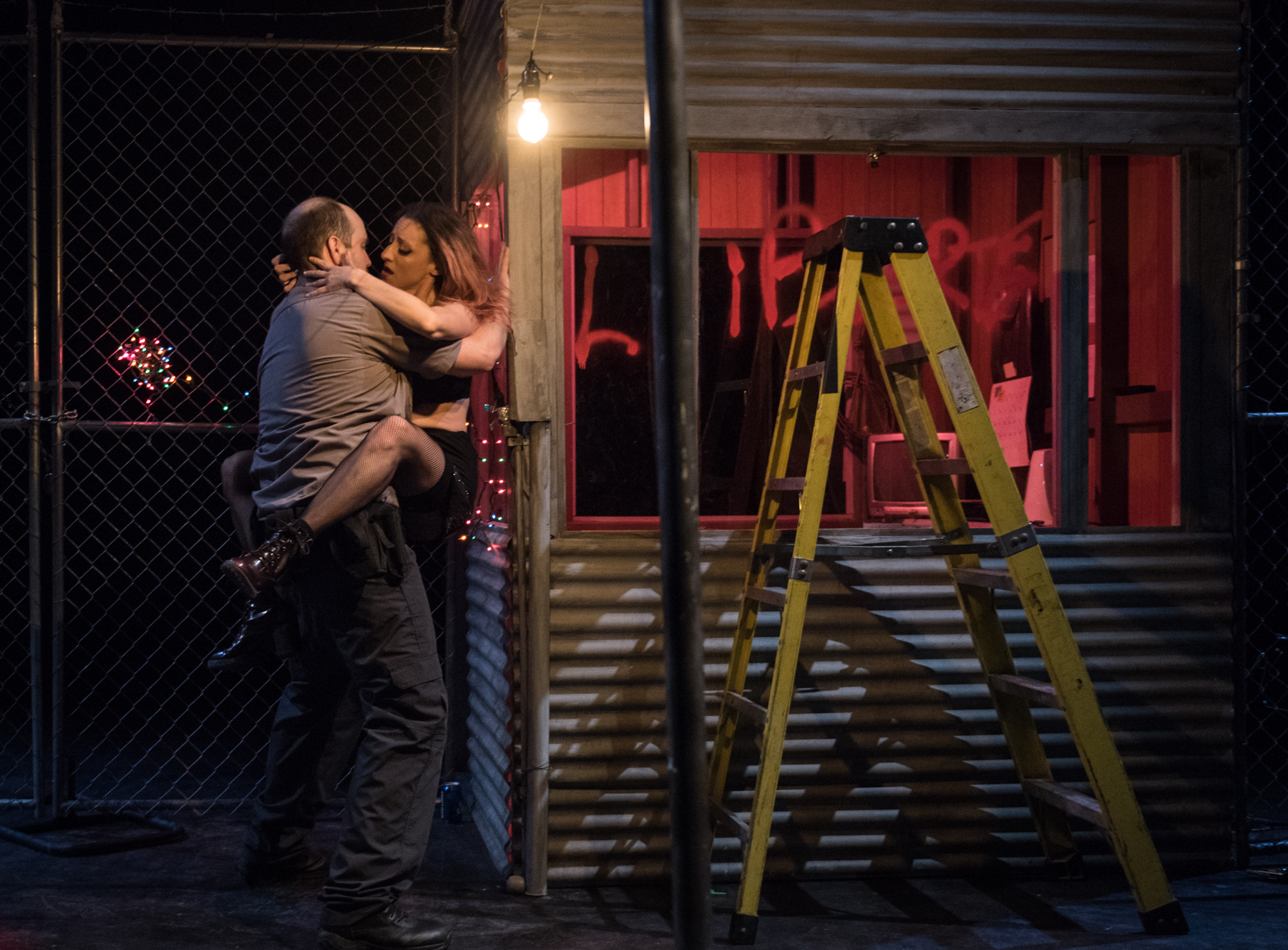
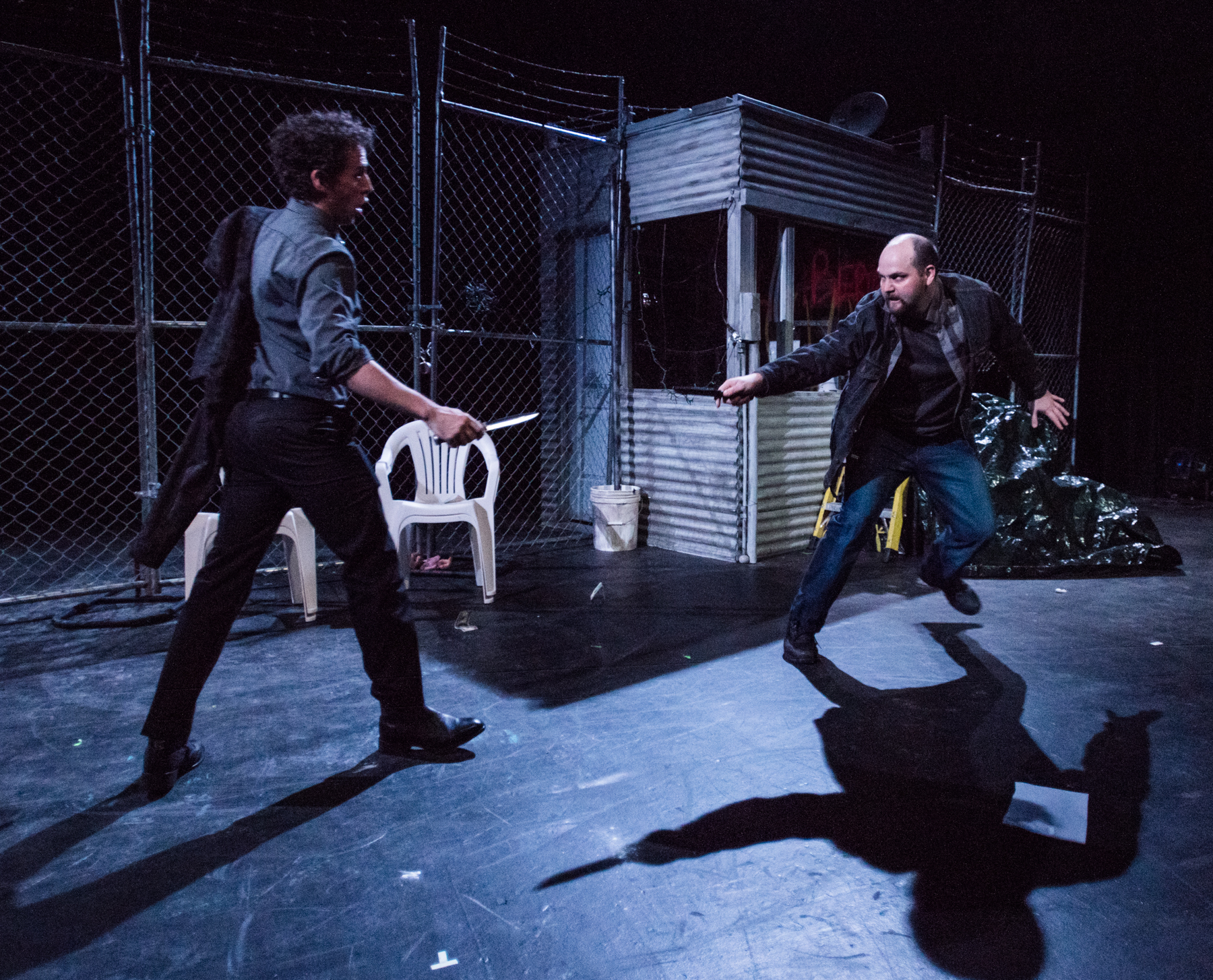
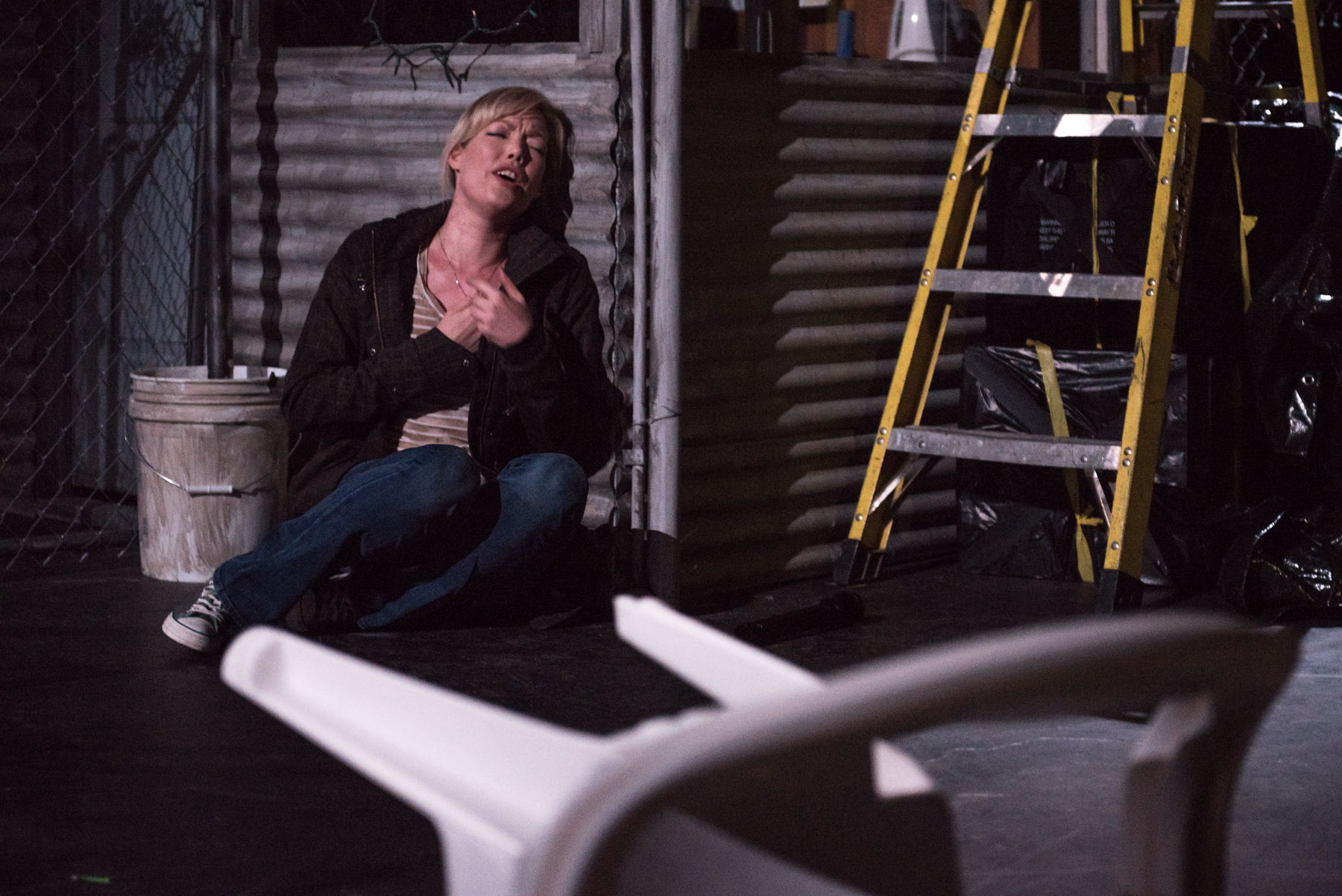
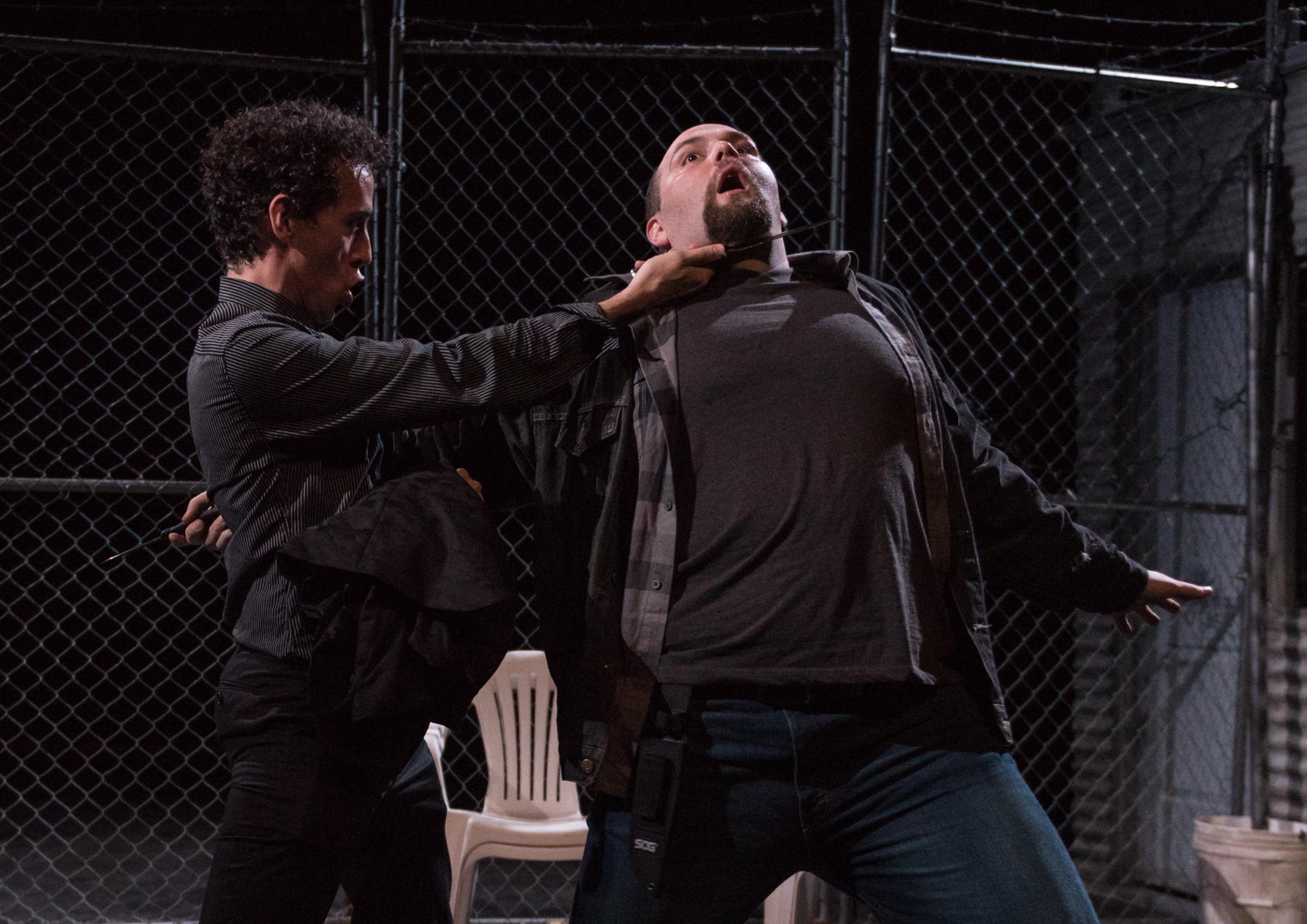
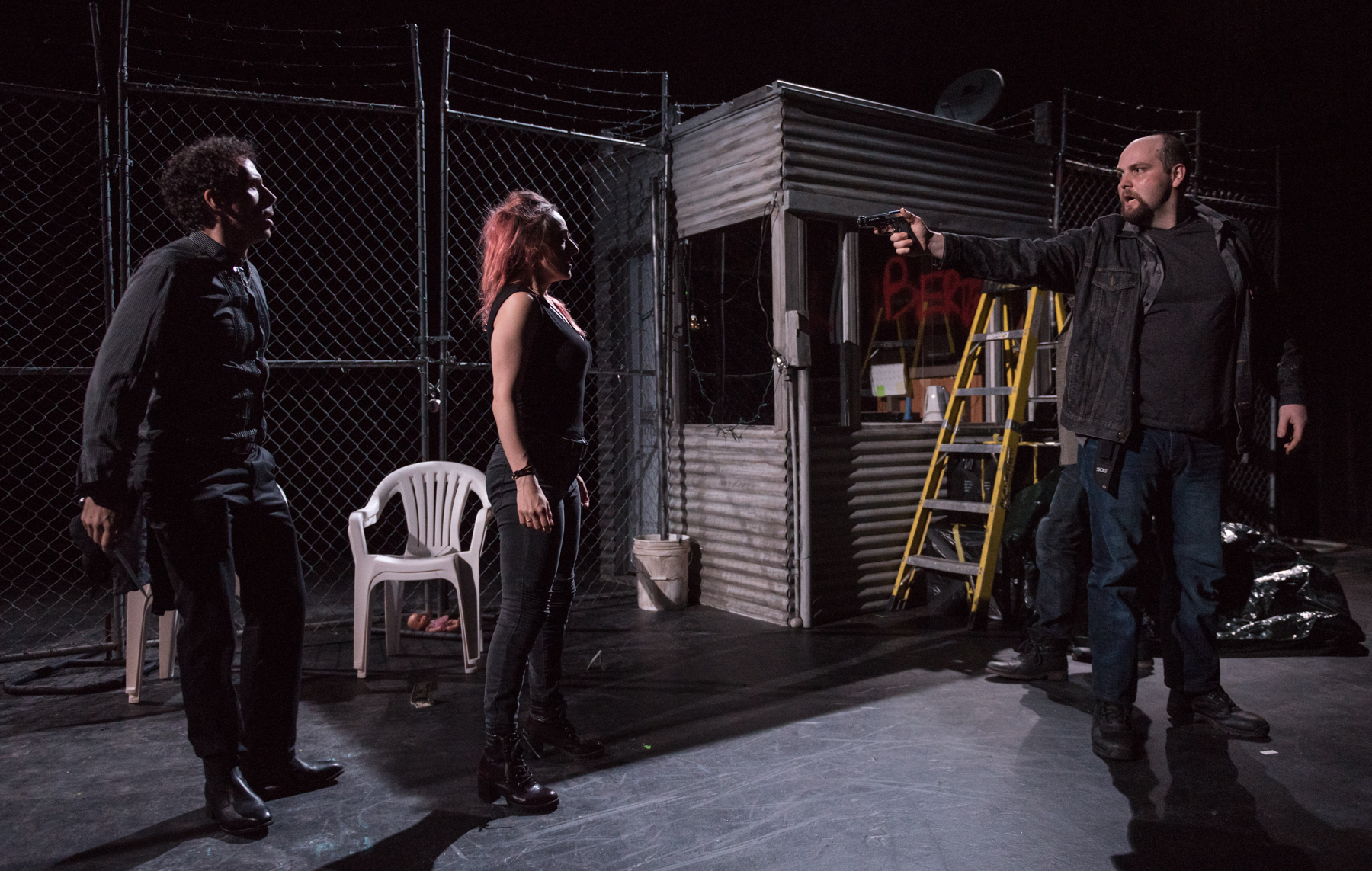
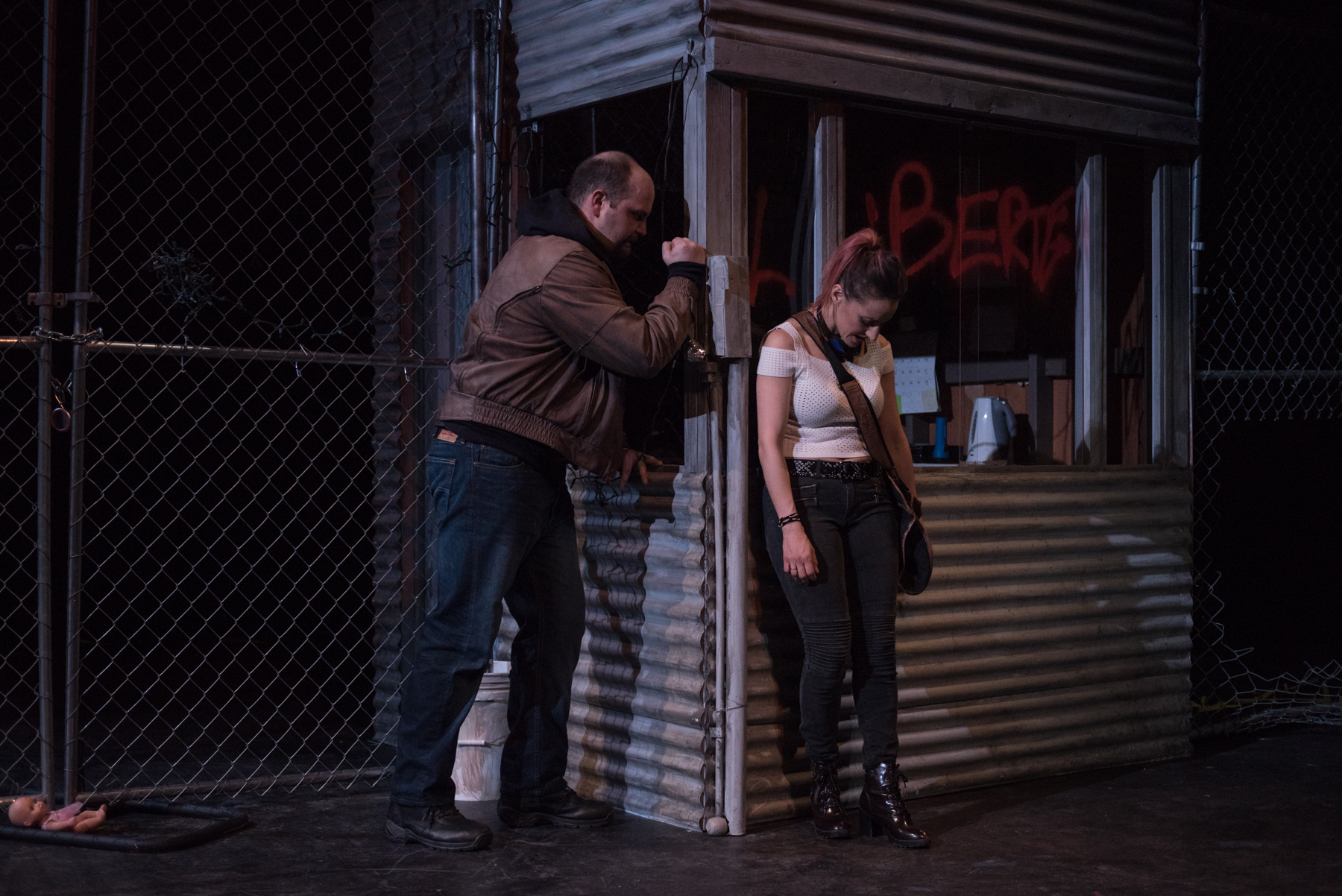
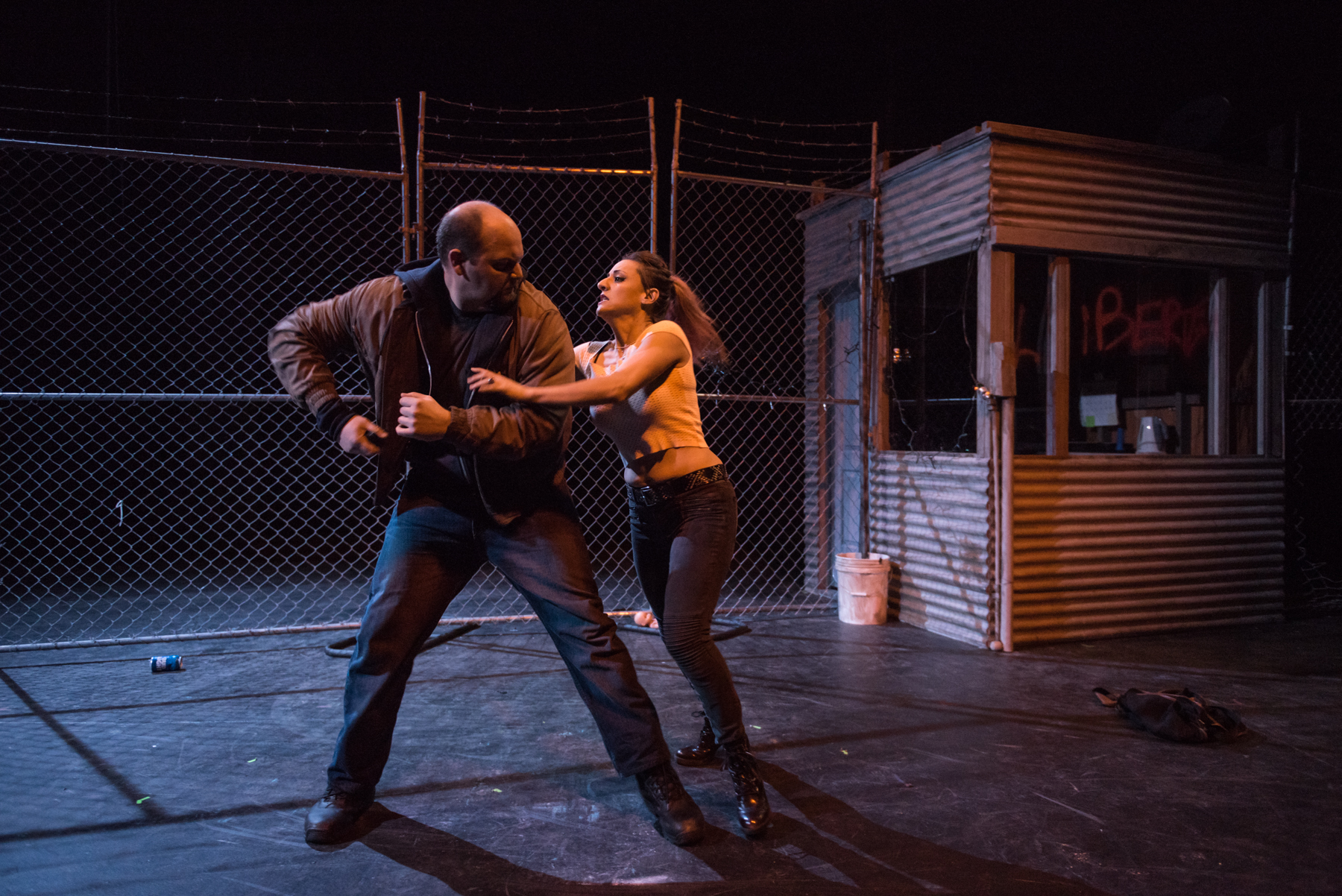
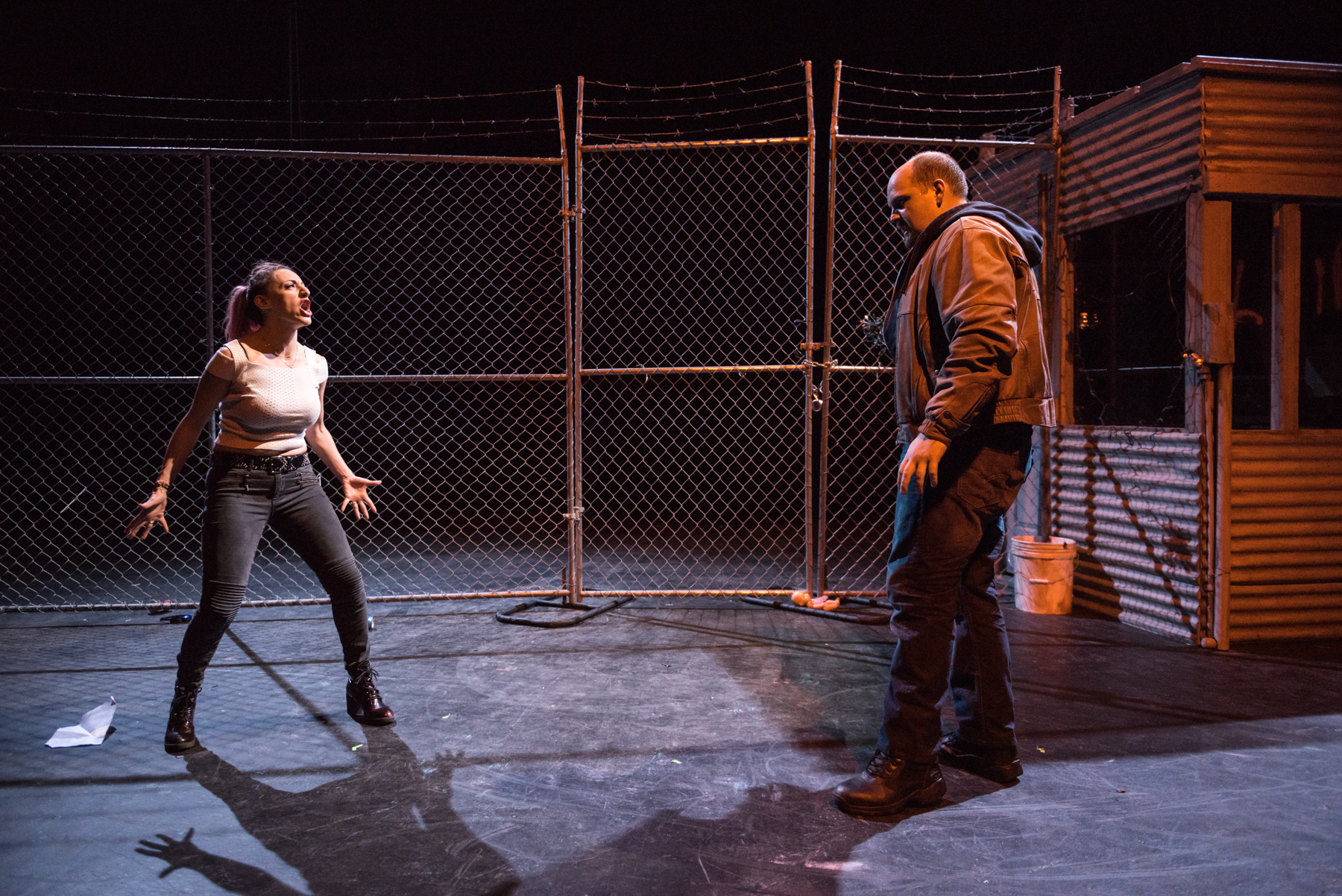
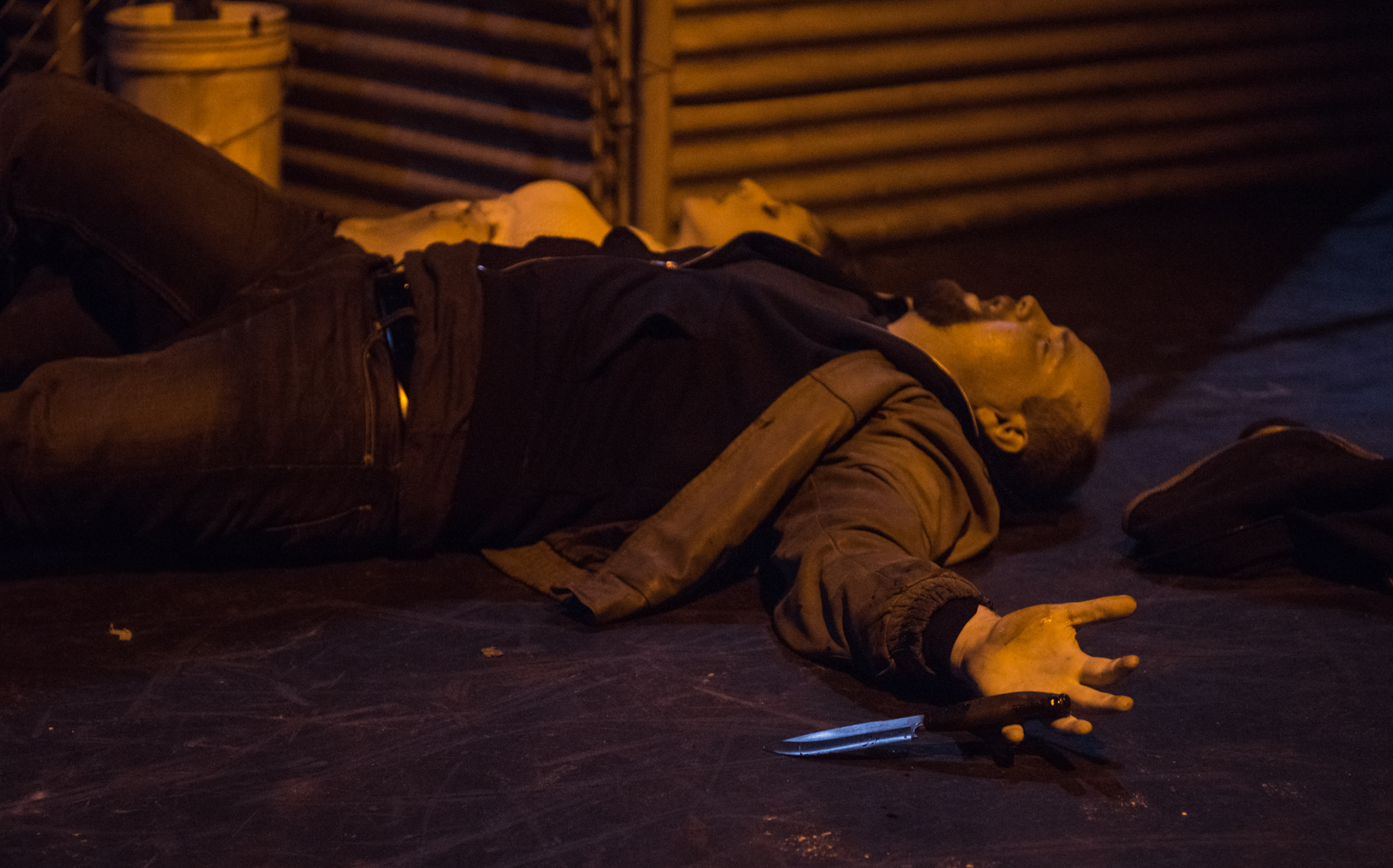
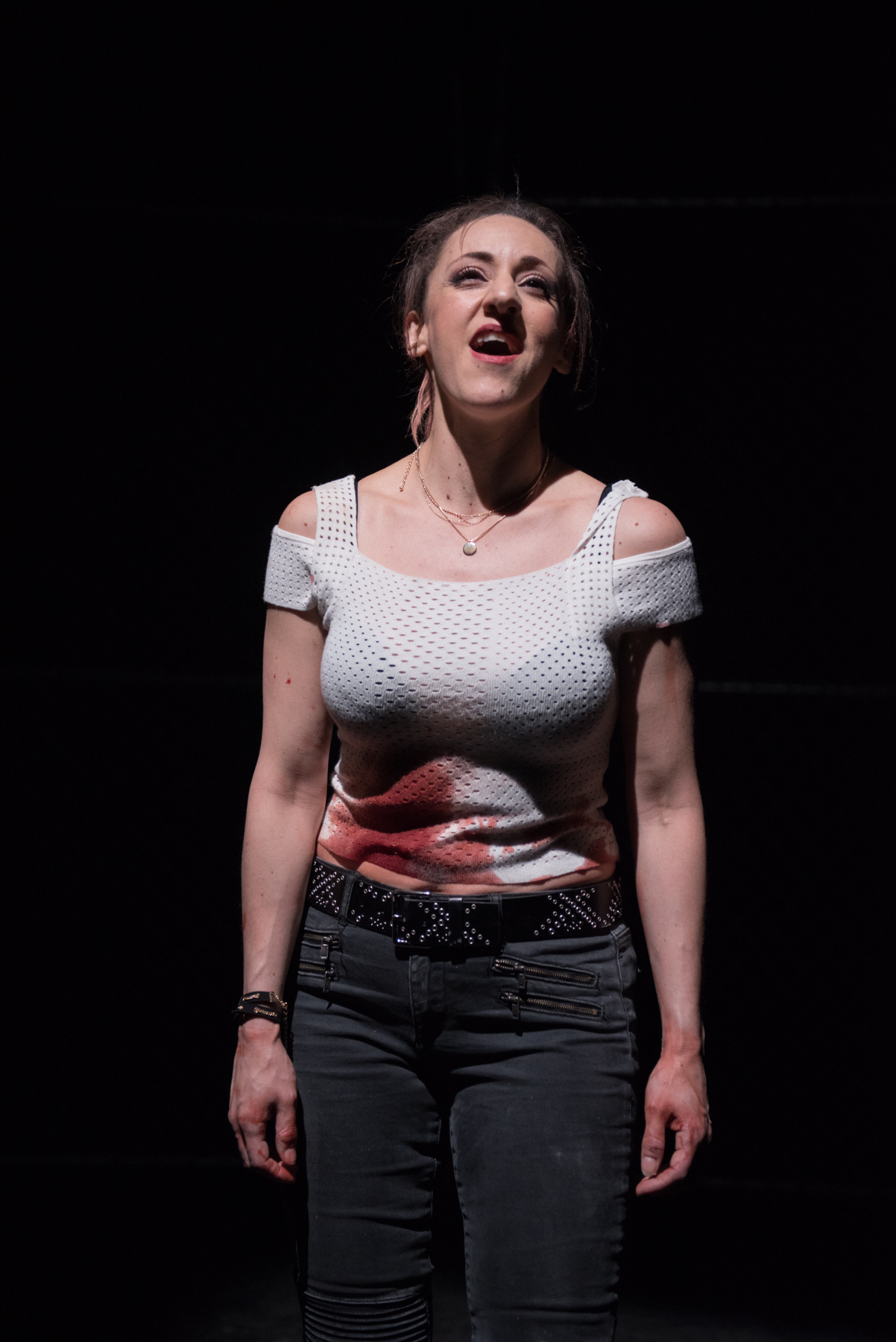
"At the very end, as the plot demands, Don José kills Carmen in a fit of jealous rage. We see him stab her repeatedly and violently, though since his body is hiding hers from us, we don’t actually see the knife go in. Then the orchestra falls silent and the stage goes completely dark. When the lights come up a moment later, Carmen is standing alone onstage, facing us, her white T-shirt blood-spattered, her arms at her sides, her expression at once sad, fierce, and deadened. The audience, grasping its opportunity at long last, bursts into loud and prolonged applause—for this singer in particular, but also for the whole production, whose other performers are now expected to appear so that they too can take their bows.
But something feels slightly off. Carmen doesn’t smile, doesn’t acknowledge our applause, doesn’t waver in the intensity of her stare, and gradually we realize that even now we are not meant to applaud. The clapping dies down and there is silence—a very long silence in theatrical terms, perhaps fifteen or twenty full seconds. And then, to the quietly resumed music of the orchestra, Carmen sings her famous habanera about rebellious love.
Her voice is coming to us from beyond the grave, but it is also coming to us live, from a character whose vital force is so powerful that she goes on living, and will go on living, for centuries after her many repeated deaths. It is the kind of moment that can probably only take place in a theater this size, where a special variety of theatrical magic can make itself felt. What we are experiencing, in such moments, is the hair-raising thrill of something coming into being where nothing is or was before.
This magic is something that we in the audience and the players onstage spontaneously produce together, and it is as fleeting as it is rare. I can practically count the times I have experienced it in my life: at a Berliner Ensemble performance of 'The Merchant of Venice' in Edinburgh; at my first viewing of Stephen Daldry’s production of 'An Inspector Calls' in London’s Lyttelton Theatre; at the original Eureka Theater version of 'Angels in America' in San Francisco; and maybe in two or three other instances. Perhaps because operas are usually such large-scale, exaggeratedly performative events, I have never felt it at an opera to quite the same extent. Or rather, I hadn’t until I saw Louisa Proske’s 'Carmen'." - Wendy Lesser, The Threepenny Review
Carmen
by Georges Bizet, Henri Meilhac and Ludovic Halévy
produced by Heartbeat Opera
May 2017
"brilliant" - Opernwelt
"The gritty modern production (...) and smoldering Carmen (Sishel Claverie) won me over. Then, at the end, after Don Jose brutally murdered her and the house went dark, the lights came on, revealing the bloodied, shaken Carmen staring at the audience. After a dramatic pause, Ms. Claverie finally sang the “Habenera.” Now that was a riveting and unexpected moment. " - Anthony Tommasini, The New York Times
" ... gripping as music theater in its own right, not just as a gloss on a (straw man) “traditional” reading. Proske set out to examine and challenge the all-too-timely oppositions structured around borders of all types. This was an anti-touristic Carmen ..." - Opera News
featured in The New York Times "This Week's 8 Best Classical Music Moments"
The border is a place of intense turmoil. This radical new adaptation strips down Bizet’s explosive masterpiece to the four central characters as they hurl themselves against real and imaginary fences. Carmen’s existential dare seduces the enemy in uniform – but in the game of sexual transgression, which lines cannot be crossed?
Directed and Adapted by Louisa Proske
Arranged and Music Directed by Daniel Schlosberg
Choreographed by Chloe Treat
Fights by Rick Sordelet
Designs by Kate Noll, Beth Goldenberg, Oliver Wason, and Ian Scot
Cast: Sishel Claverie, Brent Reilly Turner, Ricardo Rivera, Jessica Sandidge, Parker Drown, Doug Durlacher